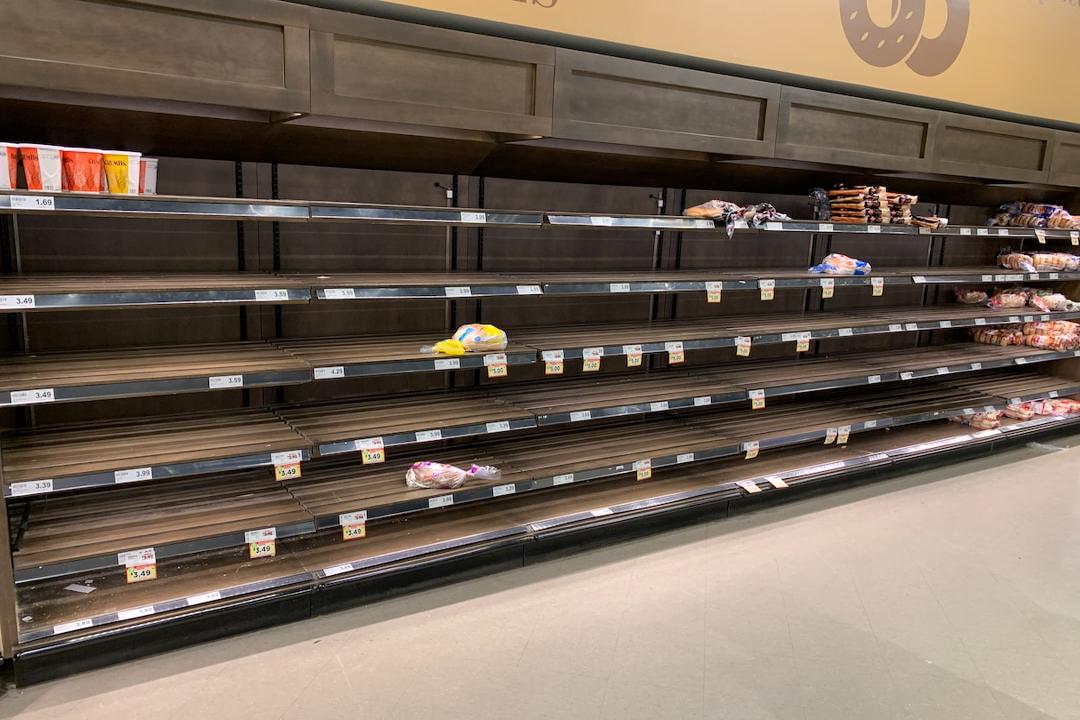Korean Financial Authorities Tackle Concerns Regarding Potential Cryptocurrency Delistings
The Financial Supervisory Service (FSS) of Korea has addressed apprehensions surrounding widespread altcoin delistings, clarifying its limited role in the matter. As reported by EBN, the FSS emphasized that it does not directly oversee the review process for virtual asset listings. While the financial authorities contributed to setting listing standards, they do not engage in direct reviews.
Panic Selling in South Korea Amid Delisting Rumors
Investors in South Korea are in a state of unease due to the impending implementation of the new Virtual Asset User Protection Act, scheduled for July. According to Daehan Kyungjae, regulatory bodies will commence evaluating transaction support for approximately 600 coins on virtual asset exchanges starting next month. The Act, slated to become effective on July 19, mandates compliance with its provisions by fiat KRW-trading platforms such as Upbit, Bithumb, Coinone, Korbit, and Gopax. This regulatory development has spurred panic selling among investors, driven by fears of potential altcoin delistings.
Reports suggest that around 16 altcoins are rumored to face delisting from the won-based market by June next year. This speculation has resulted in a significant downturn, with nearly half of the coins listed on Upbit’s won market witnessing drops in value ranging between 10-20%.
FSS’s Indirect Role in Listing Reviews
The Virtual Asset Supervision Department of the FSS clarified, “The mentioned content was supplementary material submitted to the National Assembly during the legislation of the Virtual Asset Law.” The department further explained, “During that period, there was a request within the National Assembly for the Financial Supervisory Service to assist in establishing a unified listing standard for exchanges.”
“The financial authorities conduct inspections of virtual asset operators but do not directly engage in product reviews. Our role was advisory during the formulation of best practices, a collaborative effort where exchanges and DAXA will make official announcements,” the statement continued.
An official from a domestic won-based exchange noted that the new trading support standards aim to consolidate review criteria previously managed individually by each exchange into a cohesive framework. The official expressed confidence that potential mass delistings would unlikely harm consumers, stressing that the new practices are not anticipated to cause significant disruptions for investors.
For more updates, follow us on Google News.

